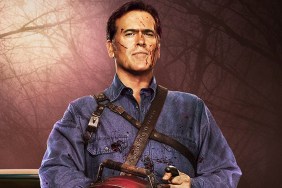The arcade is dead. This is not news to anyone in the US. But apparently – and lucky for us all as gamers – the Japanese never got that memo, because they’re everywhere in Tokyo. And it’s a beautiful, beautiful thing, because here in the land of Uncle Sam, the local hangout arcade has died a painful, painful death as a result of…

Atlas is an action-rpg with rogue-like elements where you use your ability to control the ground to fight the enemies and move through procedurally generated worlds.









